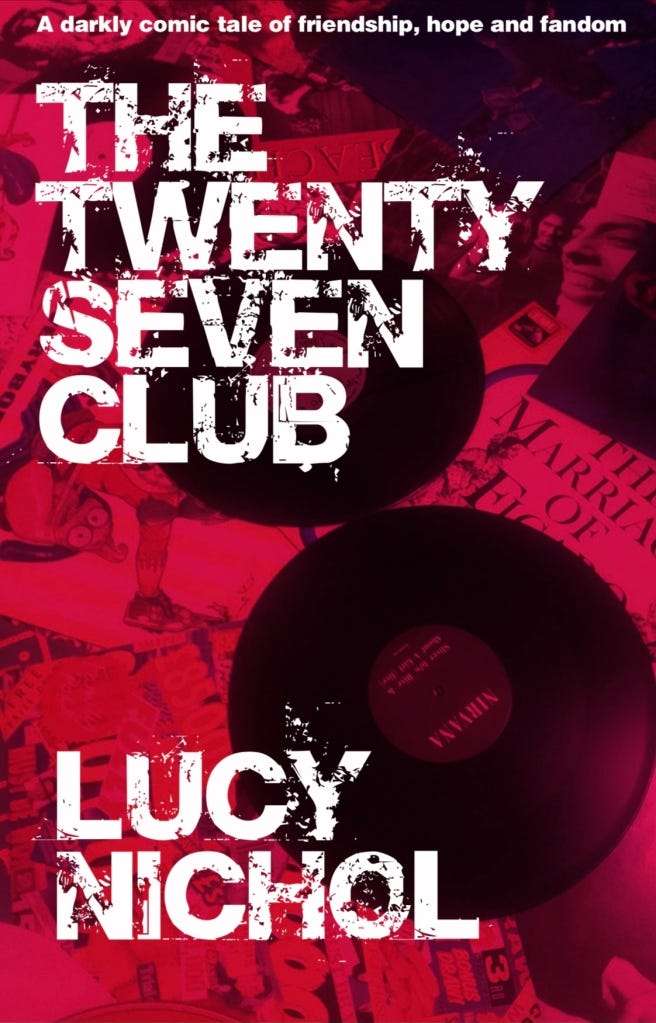Lucy Nichol on Mental Health
A really great guide for anyone who wants to do better in true crime.
I have been following another Substack writer, Lucy Nichol, for quite a while now. She is an inspiration in several ways, not least because her novel, The Twenty Seven Club, is utterly brilliant. It is so brilliantly packaged that I didn’t even realise it was self-published, which immediately added her to a very short list of successful indie authors on my wall that also includes LJ Ross. Lucy, like me, also has some historical ties to the much-maligned but utterly brilliant city of Kingston upon Hull. But enough about me.
I wanted to share a post she wrote last month that is valuable for anyone interested in reading and writing about crime. I found the first four of her eight tips especially practical. I had already noticed some subtle cues in the national press. I had come to realise that a person who was ‘found dead’ with ‘no suspicious circumstances’ had, unless elderly, taken their own life. But why do we not say they ‘committed suicide’ any more? Embarrassing to admit that I did not know those two words came together because suicide used to be a crime, so the ‘commit’ implies they are a criminal.
As with so many things in modern life, it sometimes seems easier to put your foot in something (can we say that still?) than get it right, but Lucy says otherwise. She has first-hand experience and offers reassurance that it really isn’t that complicated once you’ve played yourself in. Enjoy! (And do follow Lucy…)



